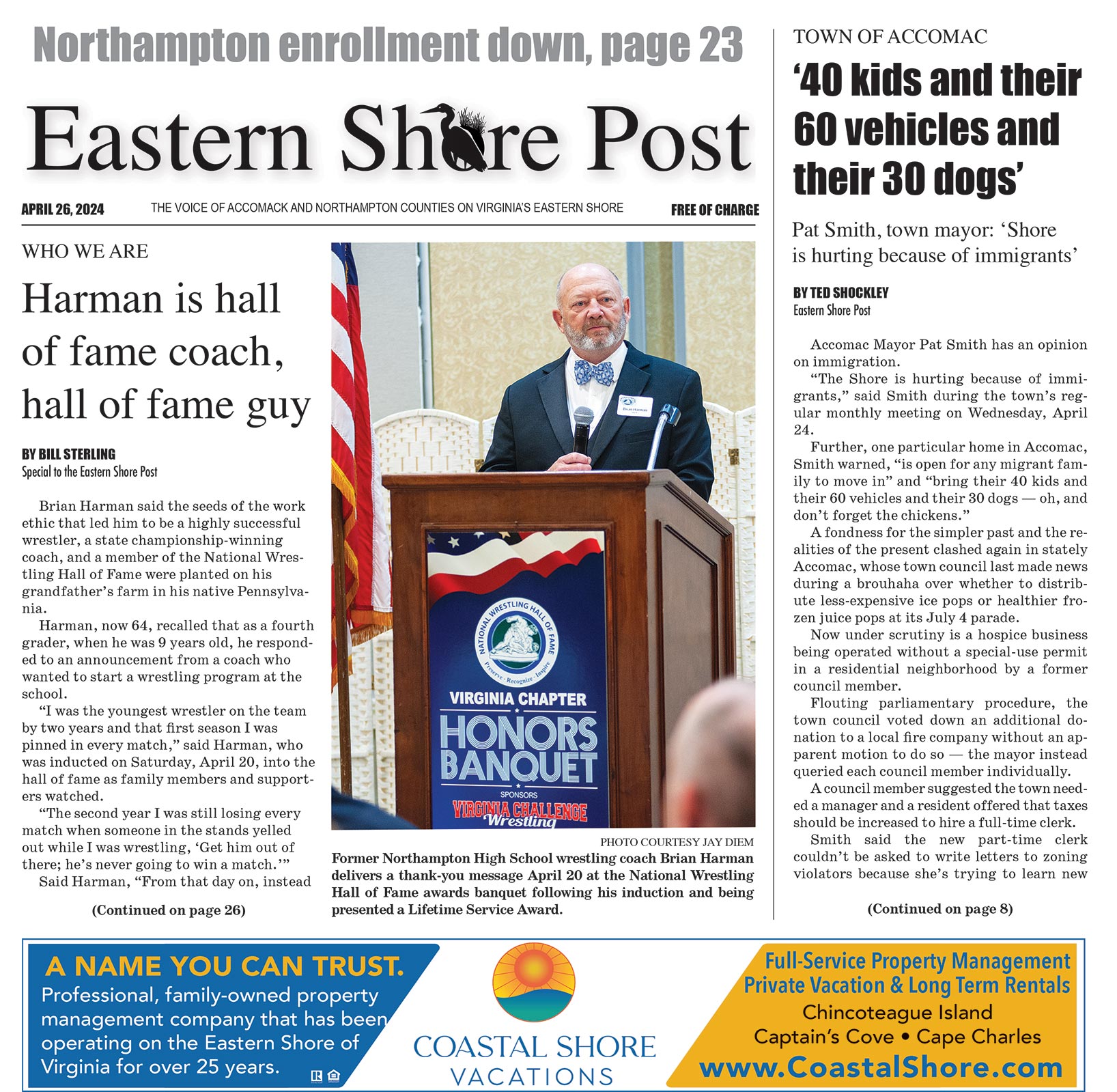BY VERONICA RAUSSIN, Guest columnist
This Memorial Day, millions of American families will take time to honor the memories of the men and women who lost their lives fighting in one of the nation’s wars. It can be a challenging day for veterans at home.
Outside of this day, however, we must never forget the countless veterans who lose their lives to addiction, drug overdose, or suicide. In Virginia are over 700,000 veterans, most of whom are wartime vets.
According to the National Survey on Drug Use and Health, over 3.9 million veterans have a substance use disorder or mental illness.
Additionally, substance use disorders significantly increase suicidality among veterans. Suicidal thoughts and behaviors are also common among veterans ages 18 to 49.
“Early intervention is critical, and it does save lives. Yet, it is challenging for families to know what to say or understand why this is happening, along with finding the right help,” said Michael Leach of Addicted.org
There is no simple answer to why veterans become addicted to drugs or alcohol. Yet, there are numerous causative factors. Many veterans experience financial hardships and difficulty finding employment or accessing benefits.
Veterans are at a higher risk of developing mental and emotional health problems. This can also be compounded with physical injuries or chronic pain. Untreated trauma, for example, leads to mental health issues or addiction.
Veterans also face barriers when accessing treatment. This could involve the cost of help or gaps in health insurance. Stigma regarding addiction is still a problem. Veterans in rural areas have limited access to treatment, and there is often inadequate funding.
However, outside of the standard resources provided by the U.S. Department of Veterans Affairs and the VA facility locator, other supports include:
n The Virginia Department of Veterans Services offers different supports and resources to vets and their families
n Virginia Supportive Housing is a program for veterans to help prevent homelessness
n Helpful hotlines include the Veterans Crisis Line, 1-800-273-8255, and the Lifeline for Vets, 1-888-777-4443
SAMHSA has a treatment facility locator where veterans can narrow down options for substance use treatment.
Families also play a significant role in supporting their loved ones and intervening. It’s OK to express concern about their drug or alcohol use. Speak to them openly and honestly about their addiction. Help them find treatment. Be patient and show compassion for what they are experiencing.
It’s never too late to offer a helping hand. When communities and families come together, amazing things happen. Advocate for more community resources in urban and rural areas. Speak up and help those veterans who are struggling.
Veronica Raussin is a community outreach coordinator for Addicted.org and is passionate about spreading awareness of the risks and dangers of alcohol and drug use.



